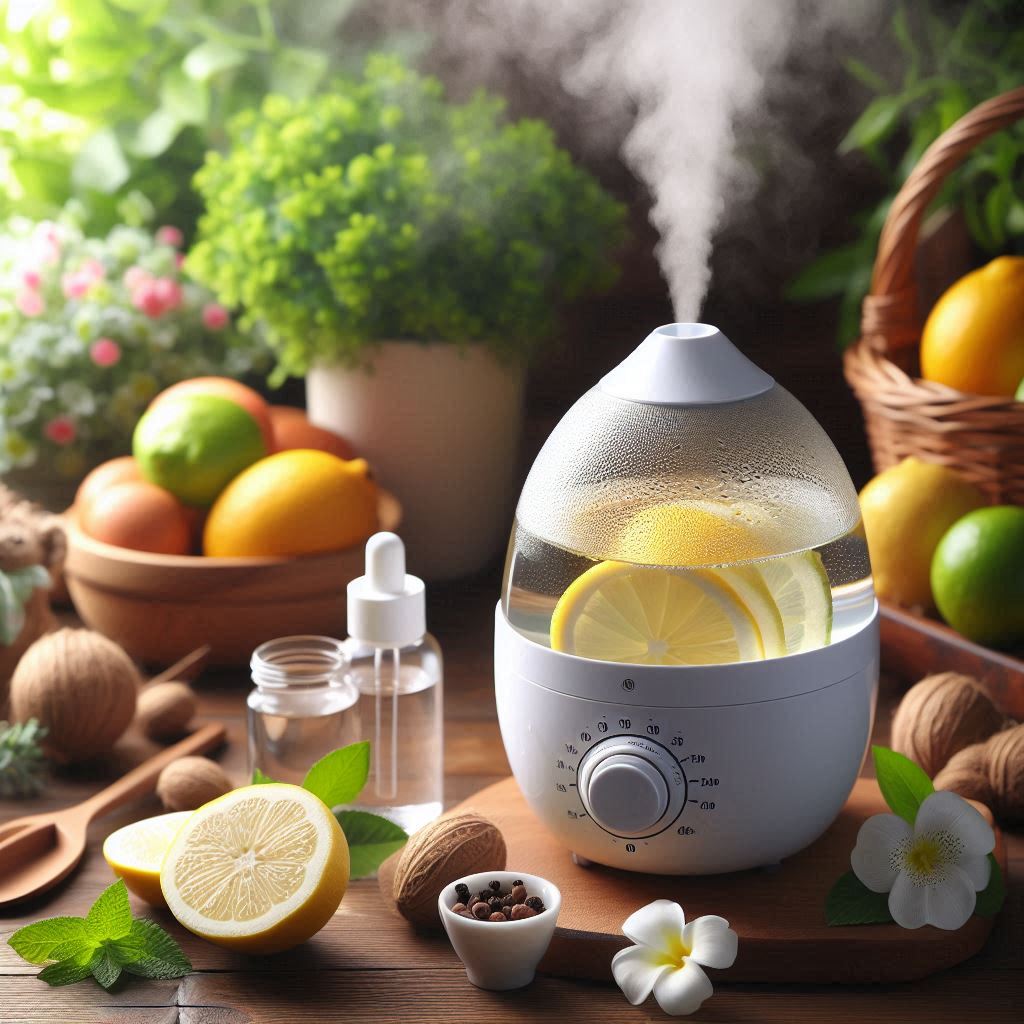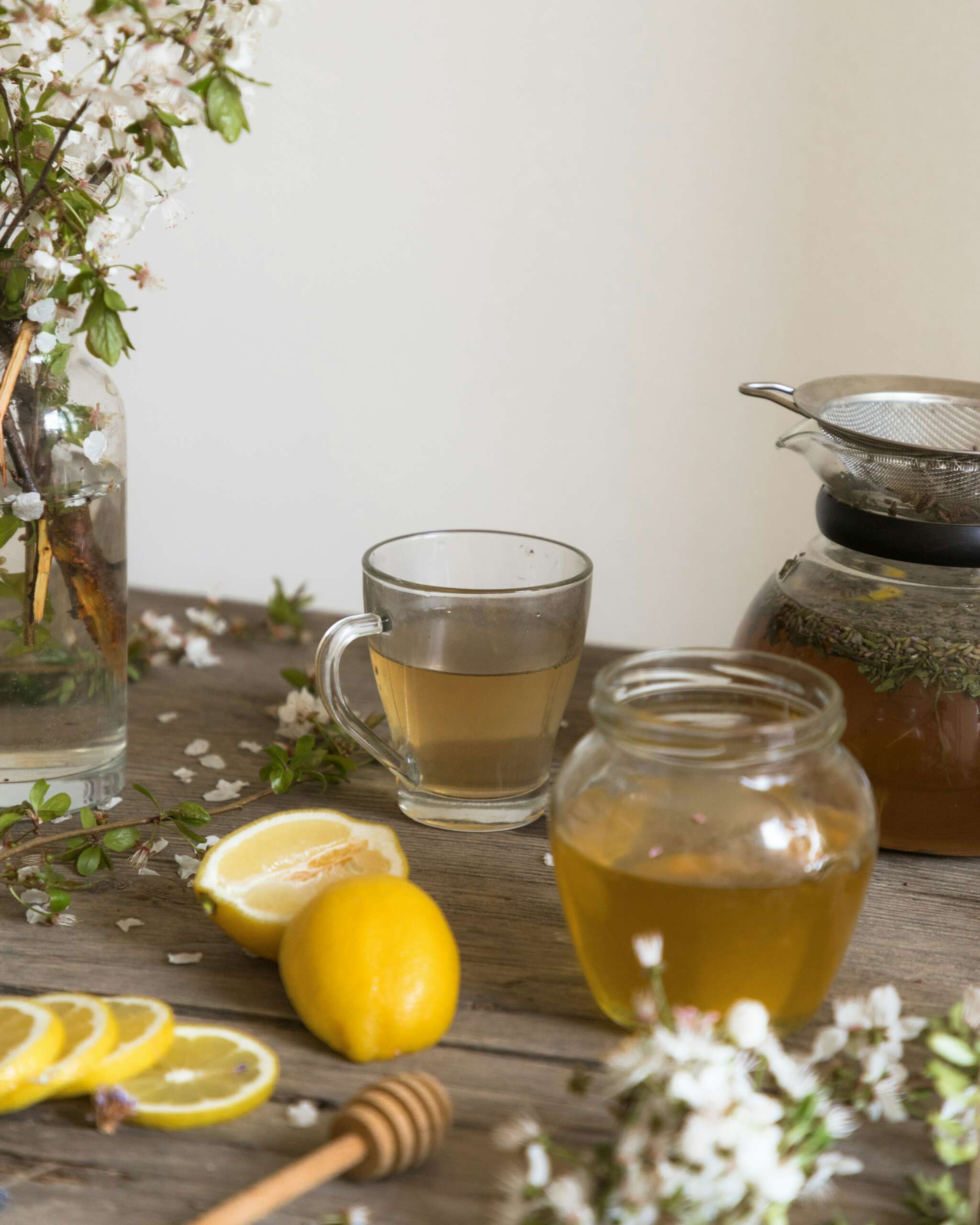Warm weather, blooming flowers, and long sunny days—summer has a lot to offer. But for millions dealing with seasonal allergies, it can be anything but enjoyable. This is especially true for residents in Beaufort, Bluffton, and surrounding Low Country communities, where elevated pollen levels are common in the spring and summer months. Fortunately, relief may be closer than you think. This season, ease allergy symptoms naturally with one of the most accessible remedies available: water. From hydration to sinus rinses, discover how H2O can support clearer breathing and help you enjoy the outdoors.
Wash Away the Allergens
One of the simplest ways to minimize allergy symptoms is by rinsing off after time spent outdoors. Pollen, dust, and other airborne allergens often cling to skin, hair, and clothing—triggering reactions once you’re back inside. A quick shower, ideally with soft water, can rinse away lingering allergens before they spread indoors and help minimize irritation for sensitive or allergy-prone skin
Rinse Out Sinuses
Nasal irrigation, or rinsing out your nasal passages, is a classic, natural allergy remedy. Use a Neti pot to gently pour a saline solution (made with distilled or sterile water and non-iodized salt) through your nasal passages. This simple technique can help ease sinus pressure and flush out allergens and mucus, promoting clearer breathing.
Drink More Water
Staying well-hydrated is crucial for overall health and can be particularly helpful when dealing with allergies. Water helps to thin mucus, making it easier to clear your sinuses. Warm water, like in teas or soups, can provide additional relief by soothing irritated nasal passages and further loosening mucus. Drinking clean, filtered water is recommended to avoid any potential contaminants that could worsen symptoms.

Chill Out With Steam
Inhaling steam can open up your nasal passages and provide relief from congestion. Fill a large bowl with hot water, then lean over the bowl with a towel draped over your head to trap the steam. Breathe in deeply for several minutes to help clear your sinuses.
The Type Of Water Matters
While water is essential for allergy relief, using clean water is important. Consider filtering your water to remove any potential contaminants that could irritate your sinuses or respiratory system. Options like soft water, reverse osmosis, or other filtered water can provide additional benefits for allergy sufferers, especially those with sensitive skin or respiratory conditions.
Remember
While these water-based remedies can offer relief from allergy symptoms, it’s crucial to consult with your doctor or an allergist for personalized advice on managing your allergies. They can help you develop a comprehensive treatment plan that addresses your specific needs and ensures you can enjoy the outdoors comfortably.
For further information on your specific water quality and filtration options, contact Culligan of Low Country, your local water treatment experts.
Chris Lane is the owner of Culligan Water of the Low Country, serving over 8,000 homes and businesses in the Beaufort, Jasper, and Hampton Counties.
Frequently Asked Questions
1. Does drinking water help with allergies?
Yes. Staying hydrated helps thin mucus, making it easier to clear allergens and reduce sinus pressure naturally.
2. Is filtered or soft water better for allergy relief?
Yes. Filtered and soft water are gentler on skin and help avoid contaminants like chlorine or sediment that could worsen allergy symptoms.
3. Can I use tap water in a Neti pot?
No. Always use distilled, sterile, or properly filtered water to safely rinse your sinuses and avoid potential infections.

